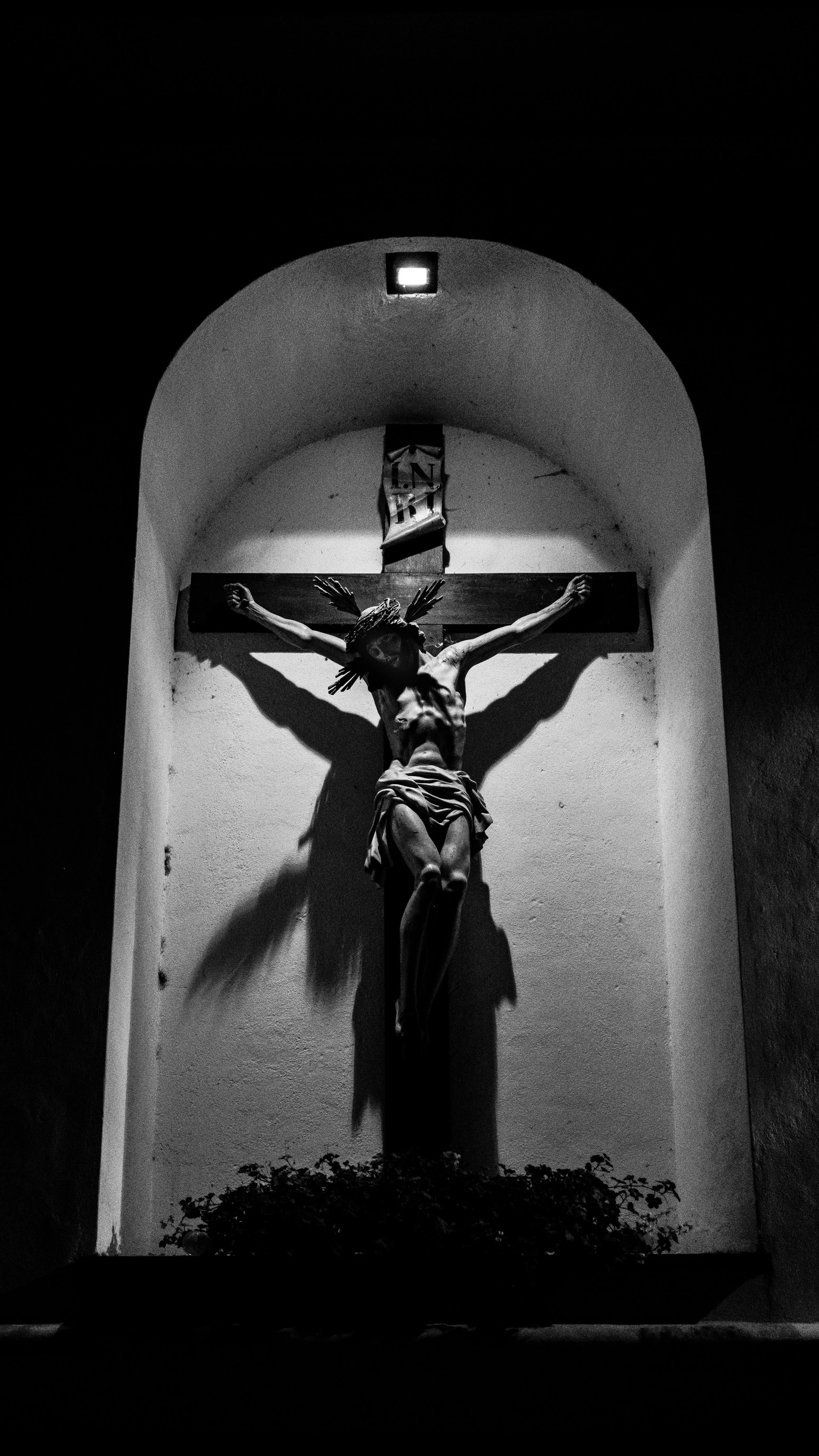My wife and I curled up on our daughter’s first big girl bed. Camille was three at the time and Soren was just one year old. We picked up where we were in their children’s Bible as we read to them before they slept. I flipped the cardboard page past the story of the Last Supper to the crucifixion.
Alongside the picture of Christ hanging on a cross, the author explained, “Then bad men who didn’t like Jesus put him on a cross.”
Angel and I looked at each other quizzically. That’s it? That’s the crucifixion story? I flipped the page where the story continued with the story of the resurrection of Christ. That didn’t help. The author hadn’t even explained that Jesus had died. And what was the reason he died? Because “bad men” didn’t like him?
We both realized we would have to go off script for this story. There was much more to share about Jesus’ crucifixion with our kids than the author thought was necessary.
As a culture, we cringe at sharing hard things with our kids. We brush over disappointment and sadness and shut down negative emotions in our children. For many, this is a learned behavior. We were taught that we were only allowed to share good things with our families.
It’s not surprising, then, that we have a hard time going to dark places with God in our lives, then. But to the heights of the rescue of Christ, we must also experience the valleys of his death. God invites us to walk with Jesus into the emotions of the cross. The crucifixion of Christ isn’t a static spiritual reality, but a physical, emotional, and spiritual experience God invites us into.
The Passion of the Christ hit box offices in February of 2004 to mixed reviews. Some criticized the movie for being overly graphic in its depiction of Christ’s death. Because of their understanding of the second commandment where God instructs his people not to make any graven images, other Christians were uneasy with a depiction of Christ on screen.
Whether you loved or hated The Passion of the Christ, if you watched the movie, I doubt you forgot it. The movie flattened me emotionally and spiritually. For that, I’m grateful.
As we approach Good Friday, I invite you to experience the cross again. As you read Matthew’s account, what emotions do you think Jesus was feeling? The thief on the cross? Mary? John? The Centurion?






